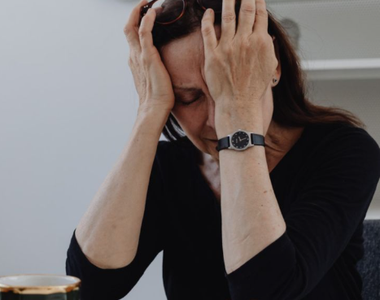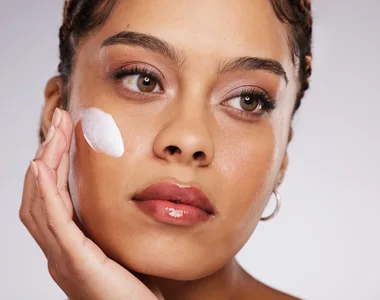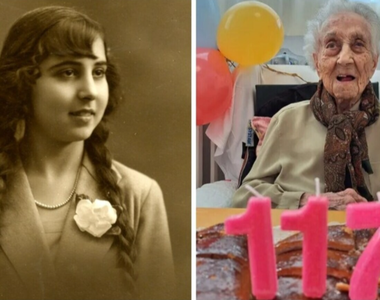
The first major real-world study on the Pfizer / BioNTech vaccine, which will be independently reviewed by experts, shows that the vaccine is very effective in preventing Covid-19, an important moment that has the potential to give end deadlocks and reopen economies.
To date, most data on coronavirus vaccines have come under controlled conditions in clinical trials, leaving an element of uncertainty as to how the results would be translated into the real world. Research in Israel - two months into one of the fastest deliveries in the world, providing a rich source of data - showed that two doses of the vaccine were 94% effective for symptomatic cases in all age groups.
The study of about 1.2 million people also showed that a single dose was 57% effective in protecting against symptomatic infections after two weeks, according to data published and evaluated by colleagues in the New England Journal of Medicine, one of the most prestigious medical journals.
The results of the study for the Clalit Research Institute were similar to clinical trials last year which found that two doses of the vaccine were 95% effective.
"We were surprised because we expected that in the real world environment, where the cooling chain is not perfectly maintained and the population is older and sicker, we would not get as good results as you did in the controlled clinical trials." , study leader Ran Balicer told Reuters. "But the vaccine also worked in the real world. We have shown that the vaccine will be just as effective in very different subgroups, in young people and the elderly, those who do not have concomitant diseases and those with other diseases. , "he added.
The study also suggests that the vaccine, developed by US drug maker Pfizer and German biotechnology company BioNTech, is effective against the coronavirus variant first identified in the UK. The researchers said they could not provide a specific level of effectiveness, but the UK variant was the predominant version of the virus in Israel at the time of the study.
Of the nine million people in Israel, one nation with universal health care (universal health coverage means all people have access to the health services they need, when and where they need it, without financial hardship) almost half the first dose and one-third have received both doses since distribution began on 19 December.
This made Israel a prime location for a real-world study on the ability of the vaccine to stop the pandemic.

- How Covid-19 technology will help fight cancer
- How much trust do Albanians have in vaccines? Not much
- 'Tightening or staging measures': Eugena Tomini talks about the scenarios of the Technical Committee
- Evidence shows that a dose of vaccine provides high protection against severe Covid
- The oximeter does not work the same for all people: What you need to know
- What happens right after the vaccine: Doctors show some of the possible effects!
- Covid: What are the mild, moderate and severe symptoms
Burimet: Guardian, Reuters





